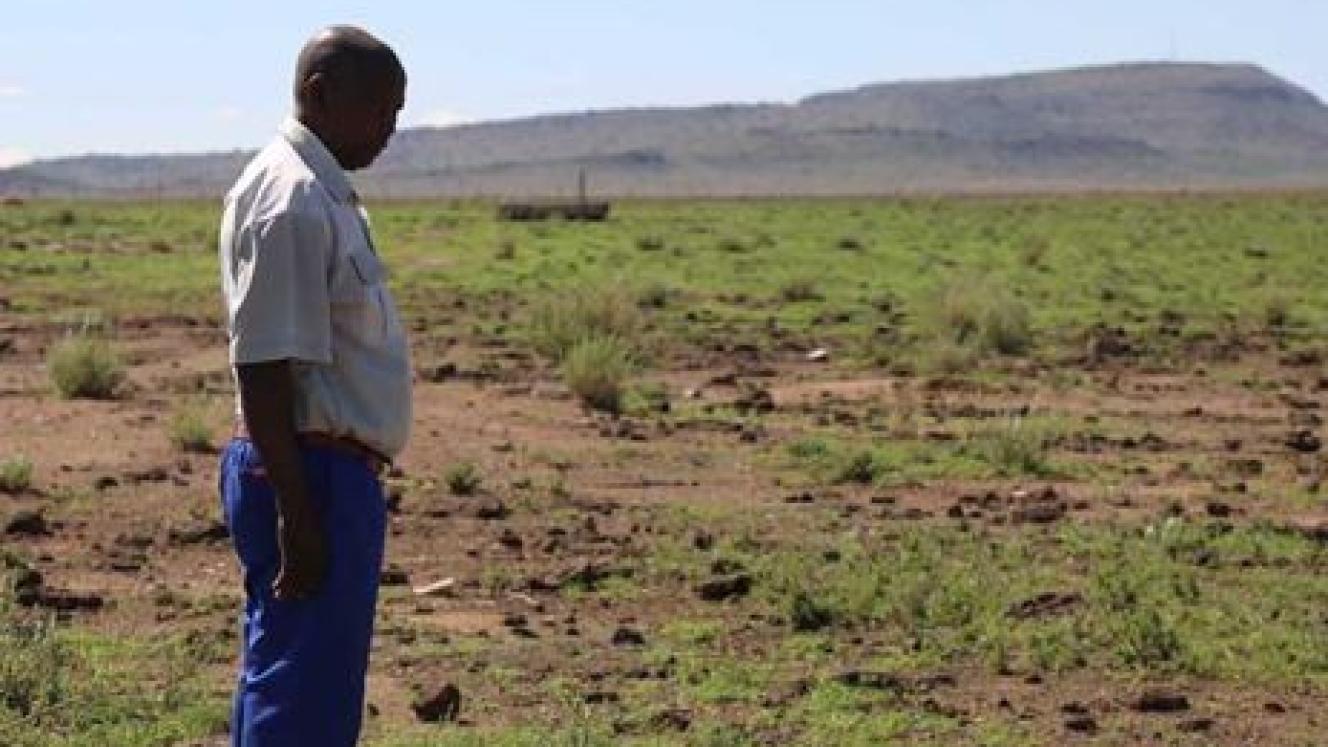A bill allowing state expropriations of land to redress racial disparities in land ownership was passed in Parliament yesterday (Thursday).
The bill, in the works since 2008, will enable the state to pay for land at a value determined by a government adjudicator and then expropriate it for the "public interest", ending the willing-buyer, willing-seller approach to land reform.
The African National Congress (ANC) said the bill would “tackle injustices imposed during white minority rule”.
"The passing of the bill by parliament is historic and heralds a new era of intensified land distribution to bring long-awaited justice to the dispossessed majority of South Africans," the ANC said in a statement.
CNBC Africa reports that some economists and farming groups have said the reform could hit investment and production at a time when South Africa is emerging from drought - pointing to the serious economic damage arising from farm seizures in Zimbabwe. They have also complained about a lack of clarity on how it will all work.
Earlier this week, the Institute for Race Relations issued a report stating that demand for farm land could possibly be met without the disruptions, risks and costs of radical distributions.
The report, ‘From Land to Farming: Bringing Land Reform Down to Earth’, argues that there is enough land already in state ownership to meet demand for land for agricultural purposes.
“This includes state-owned land in communal and commercial areas that is lying fallow, often because previous land reform projects have failed or been abandoned,” said John Kane-Berman, author of the IRR report.













